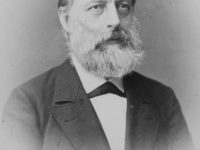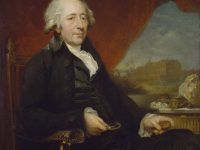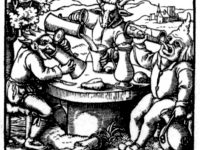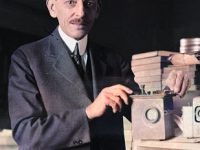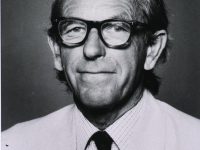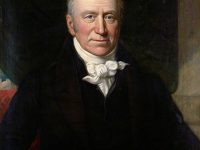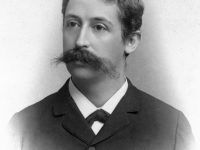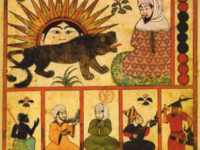Julius Lothar Meyer – Inventor of the Periodic Law
On August 19, 1830, German chemist Julius Lothar Meyer was born. Meyer was one of the pioneers in developing the first periodic table of chemical elements. He discovered the Periodic Law, independently of Dmitry Mendeleev, at about the same time (1869). However, he did not develop the periodic classification of the chemical elements as thoroughly as Mendeleev. “That the as yet undivided chemical elements are absolutely irreducible substances, is currently at least…
Read more

